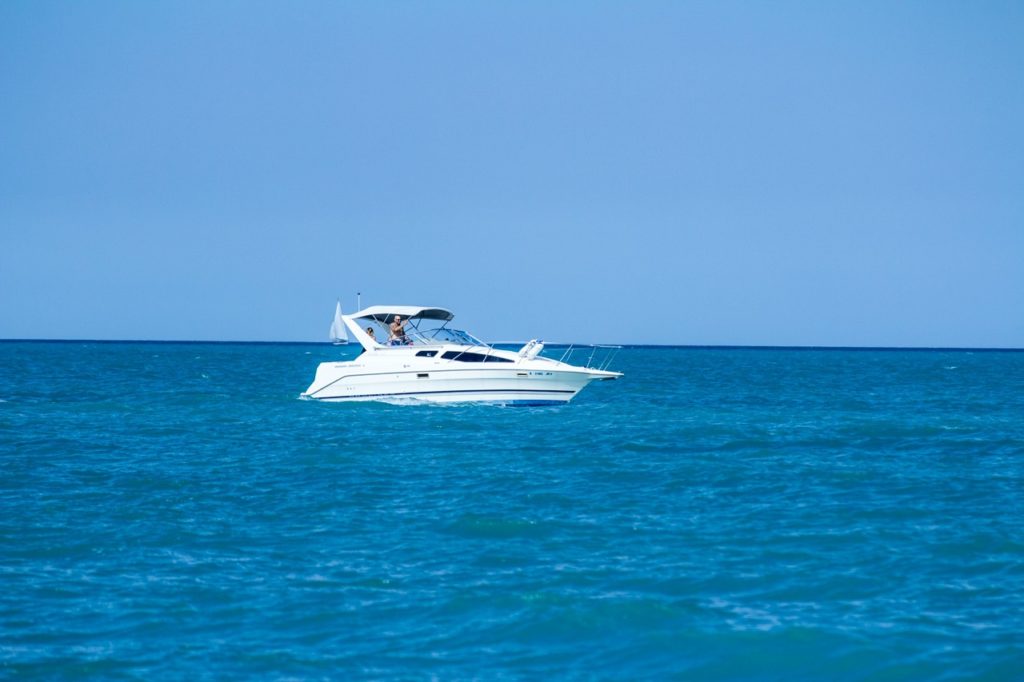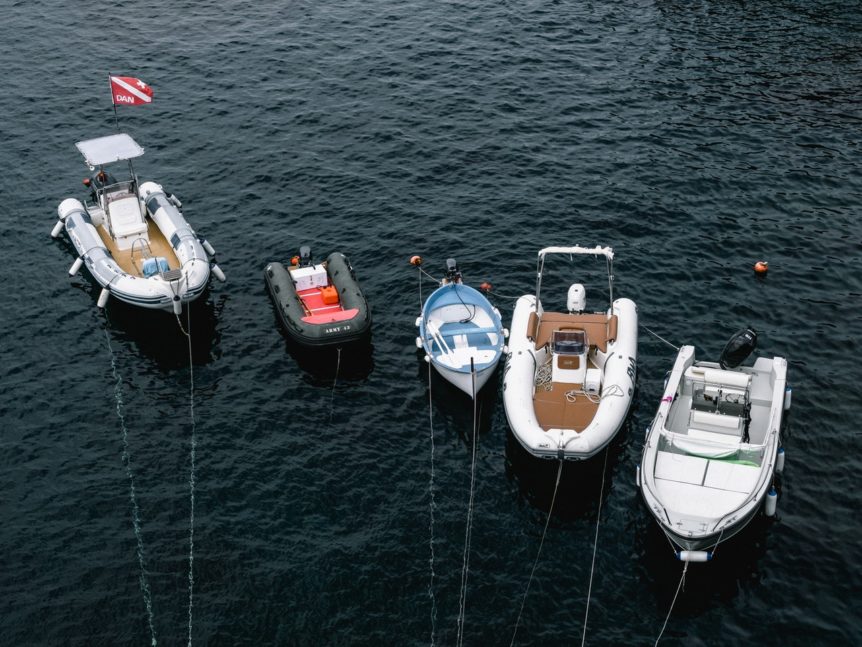The short answer is – yes. If you live in any one of the few states that require it, then you do.
But what if you don’t live in any of those states? Do you need boat insurance? Well, not necessarily. It doesn’t hurt to, especially if you want to use a slip or mooring at a marina where having boat insurance is mandatory.
So, what’s the bottom line? Do you have to have insurance on a boat? What could go wrong if you don’t? This article explores the answers to both these questions in depth.
What Is Boat Insurance and How Does It Work?
Boat insurance is financial protection against damages or injuries you may cause while boating. It is also designed to cover loss or damage to your vessel and/or trailer.
Just as you would with auto insurance for your vehicle, boat insurance allows you to select and buy additional coverage, including uninsured/underinsured boater, which offers more protection when you’re out on the water. So, how exactly does it work?
At the risk of stating the obvious, boats don’t exactly come cheap. A sizable boat could run upwards of $50,000 to $300,000 depending on the model. And, let’s not get started on luxury yachts. They are pretty expensive. So, if you end up damaging it, the repair costs alone are enough to knock the wind out of your sails. That’s where boat insurance comes in.
If you damage your boat or that of someone else and end up causing injuries in the process, you can file a claim with your insurance company and ask them to cover the associated costs. The extent to which they’ll do this depends on your current policy and the existing coverage limits.
What Does Boat Insurance Cover?
First, let’s debunk a common myth about boat insurance. Many people tend to believe that their home insurance policy adequately covers their boats. While this may be true to some extent, it depends on the size of the boat and its location.

If you own a small boat that you keep on your property, it might be covered under your existing home insurance policy. Nonetheless, it may not offer the kind of coverage you need when you’re on the water. This is especially true for powerboats.
Standard Boat Insurance Coverage
Here’s a list of what boat insurance covers.
- Liability – The insurer pays for any injuries and/or damages your vessel causes to others. This is, of course, up to your policy limits.
- Comprehensive insurance – The insurer covers damages to your boat arising from events that are beyond your control. These include fire, theft, or extreme weather conditions.
- Uninsured/underinsured boater – If you end up getting hit by a boater with inadequate or no insurance cover, your insurer will cover the costs of the associated damages and/or injuries sustained.
- Medical payments for boating accident injuries – In the event of a maritime accident, boat insurance covers all the medical expenses of the passengers who were on board at the time. In most states, it usually kicks in once you hit your health insurance policy limit.
- Collision insurance – If your boat collides with another watercraft, the insurer covers the loss or damage incurred regardless of the party at fault. It also covers loss when your boat capsizes.
Who Is Responsible for Avoiding a Collision Between Two Boats?
Keep in mind that whether you’re boating inland or on international waters, it is the shared responsibility of both captains to avoid a collision since there’s no clear-cut right-of-way on the water. The law is quite clear on this.
Additional Boat Insurance Coverage
The previous section outlined the basic coverage you can expect from any standard boat insurance policy. However, you can still beef it up further by getting additional coverage. This may include:
- Total loss replacement – You can purchase a policy that includes a provision for the insurer to replace your boat, or at the very least reimburse you at the original price you bought it at. This is in total disregard of its present-day depreciated value.
- Trailer trip interruption – If you were in transit, and your tow vehicle or trailer breaks down more than 100 miles from home, you can get a policy that covers food, accommodation, and transportation expenses incurred as a result of the mishap.
- Personal items replacement – If fishing equipment and any other personal property get stolen from your boat, you can take out a policy covering these losses.
Keep in mind that any additional coverage you get will likely drive up the cost of the premium you’re required to pay. So, do a cost-benefit analysis beforehand to determine if the additional cost is worth it.

Average Cost of Boat Insurance
Speaking of the cost of premiums, you’re likely wondering – How much is boat insurance? Well, there’s no standard price for it. The premium you’ll pay all depends on one thing – risk.
Insurers price boat insurance based on how likely you are to get involved in a boating accident. So, naturally, the more high risk they perceive you to be, the higher the price of the premium.
Here are three major things insurers look at when determining how much they’ll price your premium.
- Claims experience – The insurance world is a lot smaller than you think. If you switch insurers, the first thing they’ll do is run a background check on you to see if you have a record of boat or auto insurance claims.
If your record comes back clean, you are less likely (in their eyes) to have a maritime accident. This translates to low-risk, which means lower premiums.
- Type of boat – Powerboats and other water vessels built for speed will likely attract higher premiums than lower-performance crafts. The make, model, and year of the boat also determine how much you’ll pay for boat insurance.
- Boating experience – Insurers generally view experienced boaters as low-risk since they’re less likely to cause or be involved in an on-water accident. If you don’t have a lot of experience, it might do you good to complete a boating safety course. This may bring down the overall cost of insurance.
Avoid Premium Tears
The bottom line – do you have to have insurance on a boat? Absolutely! If you live in a state that requires boat owners to take out an insurance policy, then you don’t have much of a choice in the matter.
But, if you live in any other state, it will certainly be in your (and your boat’s) best interest to get boat insurance. You’re better off safe than sorry.
If you have any legal questions on boat insurance and liability, chat online with an experienced maritime law attorney today.
